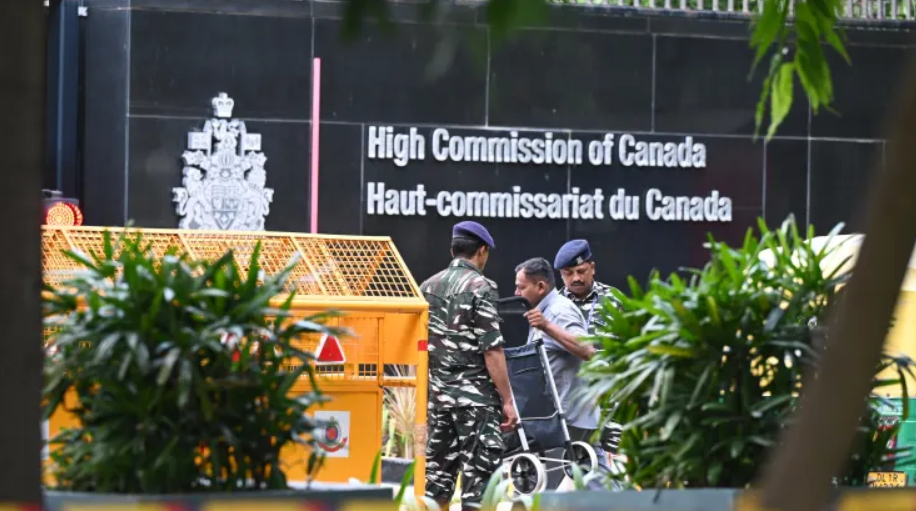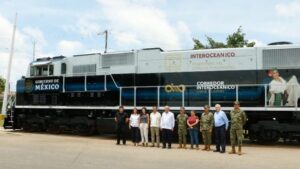A recent development has seen forty-one Canadian diplomats departing from India in the midst of a diplomatic dispute related to the murder of a Sikh separatist leader within Canadian borders. India had formally requested that Canada recall a significant number of its diplomatic personnel two weeks ago, warning of the potential removal of their diplomatic immunity if they failed to comply. Canadian authorities vehemently characterized this warning as a “breach of international legal principles.”
Tensions between the two nations escalated following Canada’s allegations that India played a role in the assassination of Hardeep Singh Nijjar on June 18th. India has consistently refuted these allegations, dismissing them as baseless and ludicrous.
In a recent announcement, Melanie Joly, Canada’s Foreign Minister, confirmed the evacuation of a substantial number of Canadian diplomats and their dependents from India. India conveyed its intention to unilaterally revoke diplomatic immunity for all but 21 diplomats by the looming deadline of October 20th.
India’s Ministry of External Affairs asserted that this decision aligns with the overall state of their bilateral relations, the notably higher number of Canadian diplomats stationed in India, and what they perceive as unwarranted interference in their internal affairs. Melanie Joly disclosed that the remaining 21 diplomats still reside in India, but this mass exodus has necessitated a reduction in Canada’s operational capacities due to understaffing. Specifically, it has led to a suspension of in-person services in cities like Bangalore, Mumbai, and Chandigarh, without a clear timeline for their resumption.
Despite these setbacks, services from the High Commission of Canada in Delhi will continue, and third-party-run application centers will remain open. Nevertheless, the downsizing of staff is expected to cause substantial delays in processing immigration applications, particularly impacting Indian citizens, including international students aspiring to study in Canada. In 2022, Indian nationals represented the largest portion of applicants for temporary and permanent residency in Canada.
The disagreement between the two countries centers on diplomatic parity, with India contending that Canada maintained a more substantial diplomatic presence in Delhi compared to India’s presence in Ottawa. Canada, in response, regards India’s threat to remove diplomatic immunity as a violation of international law. Melanie Joly emphasized that Canada would not reciprocate, highlighting the importance of safeguarding the norm of diplomatic immunity worldwide.
Canada is keen to underscore that it continues to welcome Indian nationals wishing to visit or immigrate to Canada. Nevertheless, relations between Canada and India have reached an unprecedented low, with Canadian Prime Minister Justin Trudeau citing credible evidence of potential Indian involvement in Nijjar’s murder. This assertion, based on Canadian intelligence, has further strained diplomatic relations, as it is viewed by Canada as an infringement on its sovereignty.
Hardeep Singh Nijjar was fatally shot by two masked assailants outside the Sikh temple he led in Surrey, British Columbia. The Canadian police categorized the incident as a “targeted attack,” and investigations into the murder are ongoing. Nijjar was a vocal proponent of Khalistan, a proposed separate Sikh state in India vehemently opposed by the Indian government, which had labeled him a terrorist in 2020. Despite the public accusations, Prime Minister Trudeau has consistently stressed Canada’s desire to avoid an escalation of tensions with India and has urged Indian authorities to cooperate in the investigation of Nijjar’s death.
(Source: Nadine Yousif | BBC | Associated Press)









